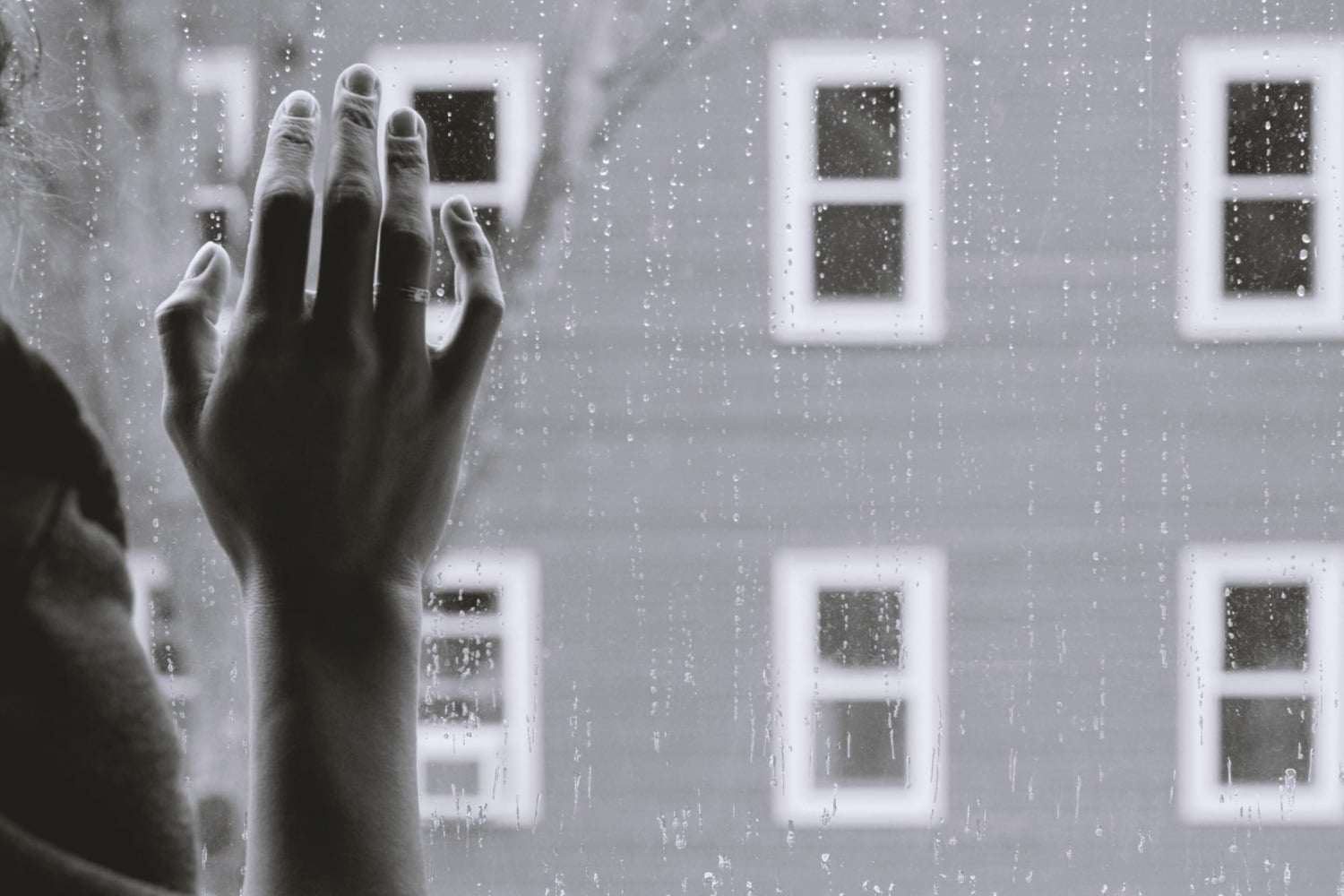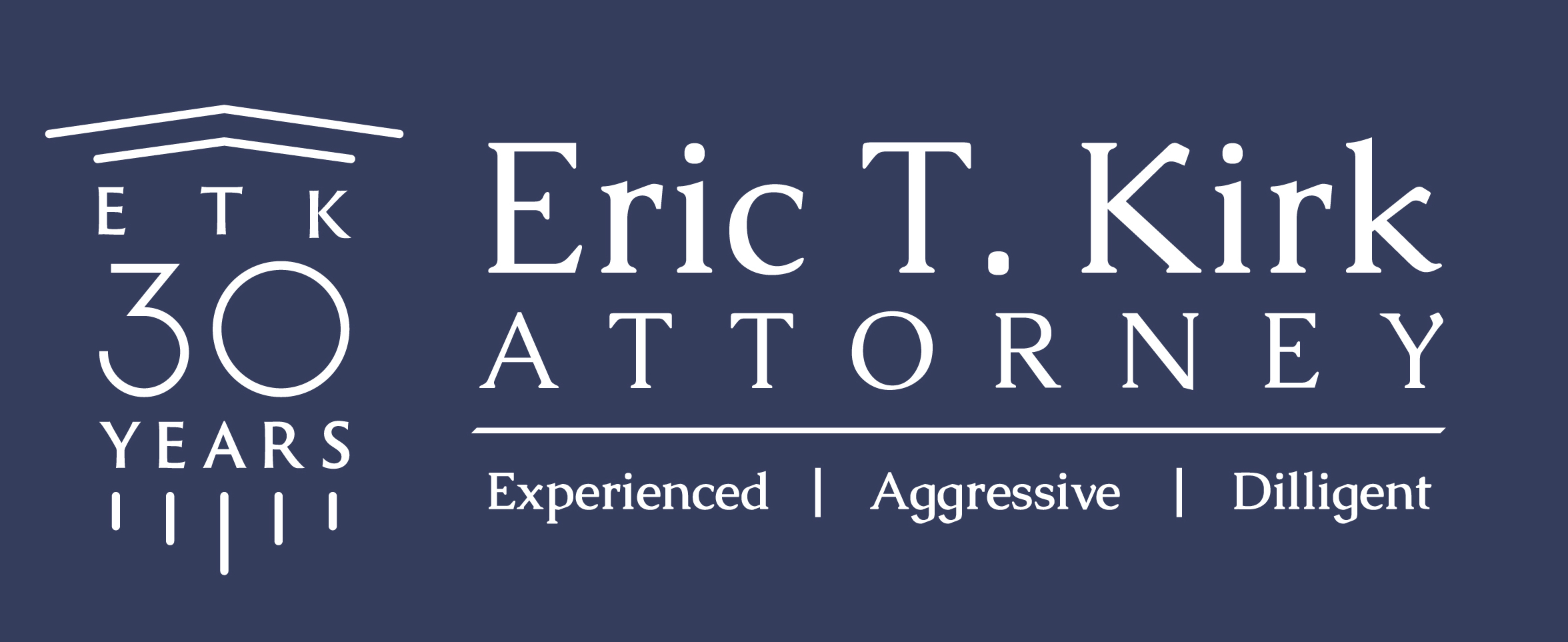What Effect Does The COVID-19 Pandemic Have on Speedy Trial Rights?

There is little doubt that the coronavirus/COVID-19 pandemic, and in particular, the related closure or partial closure of Maryland’s court system for the better part of a year, has caused enormous delays in the trial of both criminal and civil causes. Attorney Eric T. Kirk says while the delays are no doubt frustrating to civil litigants, the outcome of most civil litigation, in the end, involves an exchange of money, or a denial of a request for money. The effect of an additional postponement of a civil matter, that may have already been in the court system for years, while galling to the participants, does not rise to the level of constitutional concern.
The right to a speedy trial must be balanced against the right of the public, generally, to be safe.
The stakes are obviously higher, and the consequences perhaps gravest, when the matter is a criminal cause, and the defendant is held pending trial. That incarcerated individual has on the one hand, a right to jury trial [in most instances where the crime is a serious one], but in all cases, a right to a speedy trial under both the U.S. Constitution and under Maryland law. COVID-19 has forced the court to balance these core rights against the equally important interest of members of the public in their own health and safety. This staggering number alone demonstrates the undeniable serious of the that interest: “As of May 19, a total of 584,975 COVID-19 deaths have been reported.” 1 Courts have struggled to strike a balance between these two interests, which COVID-19 has placed in opposition.
“We are, however, mindful that the right to a speedy and public jury trial provided by the Sixth Amendment is among the most important protections guaranteed by our Constitution, and it is not one that may be cast aside in times of uncertainty. See Furlow, 644 F.2d at 769 (“Except for the right of a fair trial before an impartial jury no mandate of our jurisprudence is more important”); see also Roman Cath. Diocese of Brooklyn v. Cuomo, 141 S. Ct. 63, 68 (2020) (“[E]ven in a pandemic, the Constitution cannot be put away and forgotten.”).” Unites Sates v. Olson, United States Court of Appeals for the Ninth Circuit,No. 20-50329, 4/23/21.
The postponement of a criminal matter is determined by a Court on a case-by-case basis. Although in most respects, the involved circumstances in the context of COVID-19 related delays are recurring. At least one federal appeals court has suggested factors that should be considered in striking a balance between a defendant’s right to a speedy trial, and the public’s interest in not conducting public jury trials in the midst of a deadly pandemic.

(1) whether a defendant is detained pending trial
(2) how long a defendant has been detained
(3) whether a defendant has invoked speedy trial rights since the case’s inception
(4) whether a defendant, if detained, belongs to a population that is particularly susceptible to complications if infected with the virus
(5) the seriousness of the charges a defendant faces, and in particular whether the defendant is accused of violent crimes
(6) whether there is a reason to suspect recidivism if the charges against the defendant are dismissed;
(7) whether the district court has the ability to safely conduct a trial.
-U.S. v. Olson, supra.
Clearly, many of these considerations are unique to the defendant [ i.e., is the person in jail, for how long and what are they charged with, and, significantly, have they asserted their speedy trial rights]. While the U.S. Supreme Court has noted that the public actually has a vested interest in prompt trial in criminal matters as well as the defendant, the public interest set out by the Olson court is basic, but inescapable and irrefutable: safety. A Maryland court is likely to consider these factors, among others, in striking the delicate balance between individual liberty and the public good.


